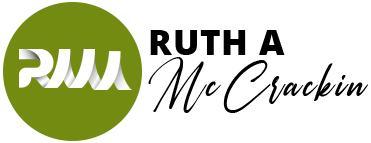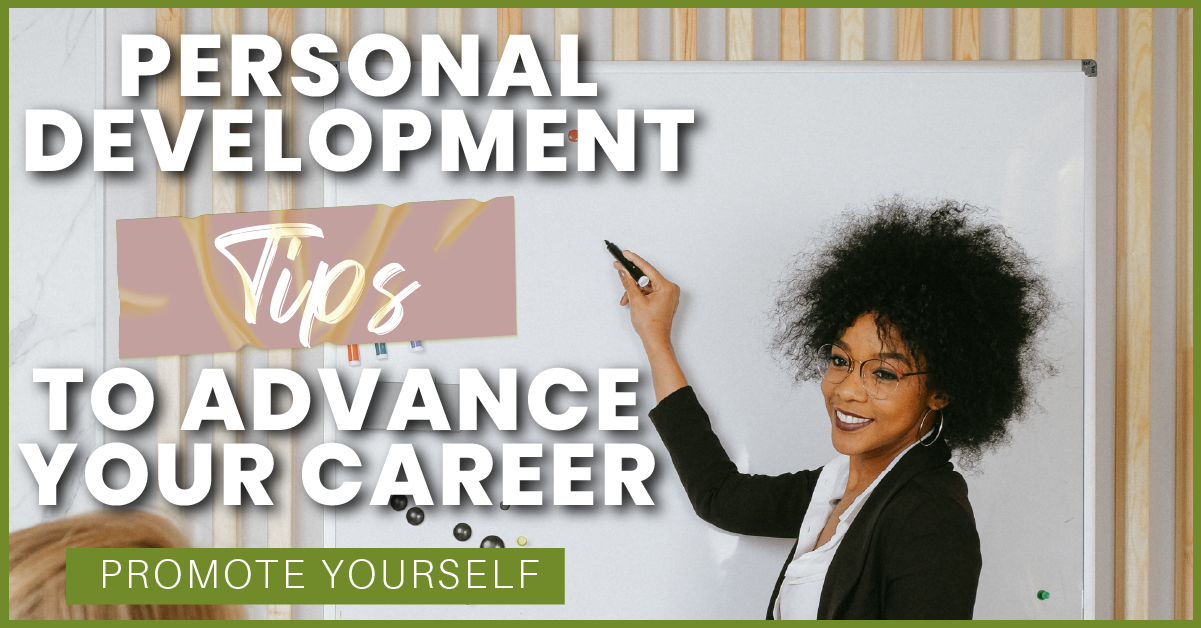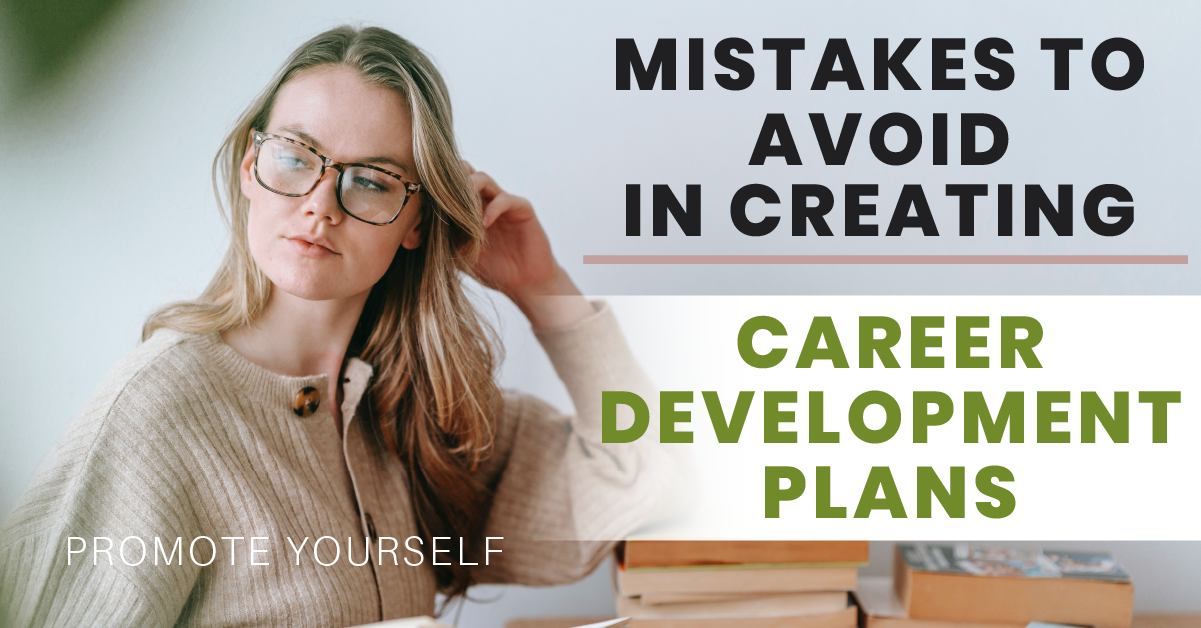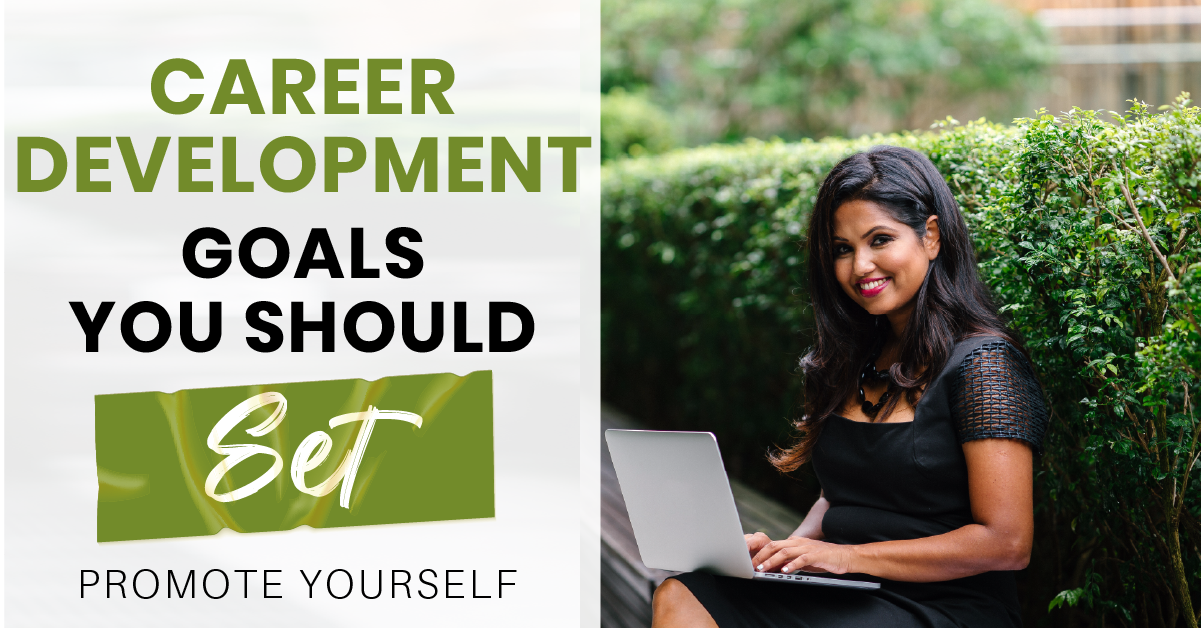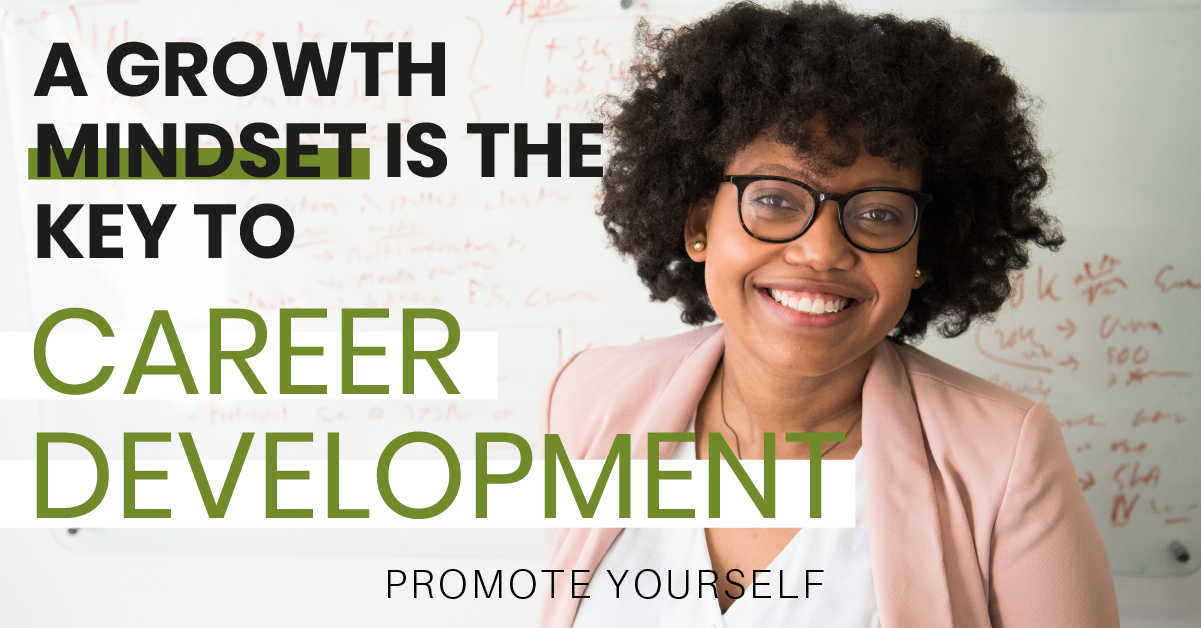Ways to Answer Interview Questions
It’s often a scary thing to sit down in an interview. Despite how much we say it’s good to be prepared, many candidates head into a job interview without a clue on what to answer. Many struggle with a good answer and bobble around a bit as they try to think of something smart to say.
Trust me, your interviewer knows when you’re not prepared for a question and is probably rolling his or her eyes internally as you blunder and wobble through your answer.
Here are some questions and ways to answer them in a job interview. This is a great opportunity to make a positive first impression.
Tell us something about yourself.
This is a general question you find out in an interview. In this question, you’re not going to tell them about your favorite color or movies. This question is asks you to know how you represent yourself. The best way to answer this question is to tell them about your family background, hobbies and education. You can share your strength and weaknesses a bit to build your path for the next discussion regarding the job.
What are your strengths and weaknesses?
This is the crucial interview question employee asks to know about your strengths and weaknesses relevant to the job. Start with your muscles and leave liabilities for the rest. Only mention something that you’re confident about, or you know it. A good idea is to share your strengths according to the job profile. You can also say that you’re a quick learner. It adds value to the strengths.
Sharing your weaknesses is the tricky part, especially with your hiring manager. It is also not good to show that you have no weakness as it might look arrogant. Therefore choose a weakness that does not affect your job.
What are your hobbies?
Now you think why the interviewer wants to know about your hobbies. Here they are checking your energy level, personality, and if you’re fit in the environment of the working area. Share something that adds value to your skills like travelling, interacting with new people, and you can also share some generic activities like sports and reading it shows your activeness. Sharing a mixed view of professional and personal experience shows that you can manage your professional and personal life both as well.
Why should we hire you?
This is a tricky interview question where the interviewer wants to check your skills and convincing power. It is the best opportunity where you can tell them why you are suitable for the job role. Here you can share your strengths and skills. You can also tell them about your college project about how you can manage things. It adds value to your strengths.
Why do you want to work with our company?
Companies mostly ask this question to see what job seeker want and how much they know about the company they want to work with. Therefore it is required that you know about the company’s background, values, services, etc. Correlate your carrier goals with the company’s values and state that how working with the company can enhance your skills and knowledge.
Where do you see yourself in the next 5 years?
At the first job interview, this must be a difficult question. In this question, they only want to know how well you planned your goals and how much longer you can stay with the company. Never give the impression that you’re there to gain just the experience.
What are your salary expectations?
It’s exciting, as a fresher to talk about your first salary, but it’s a difficult job. Never ask too much nor too few packages. Still, if you don’t have any idea about it, then you accept the package as per industry standards. This leaves scope for negotiation at the time of the final offer letter.
Do you have any Questions for us?
Most job interviews close at this question. Here interviewer leaves scope for you to clear the doubts. This question also takes place to check if you’re concentrated on the whole interview or not, which shows that how much you’re confident and focused. Always prepare the questions in advance that can help you in this situation. If you don’t ask any questions, they may consider that you’re not focused, or you don’t know that much about the company.
If you want to learn more go and Book a Free Call Here!
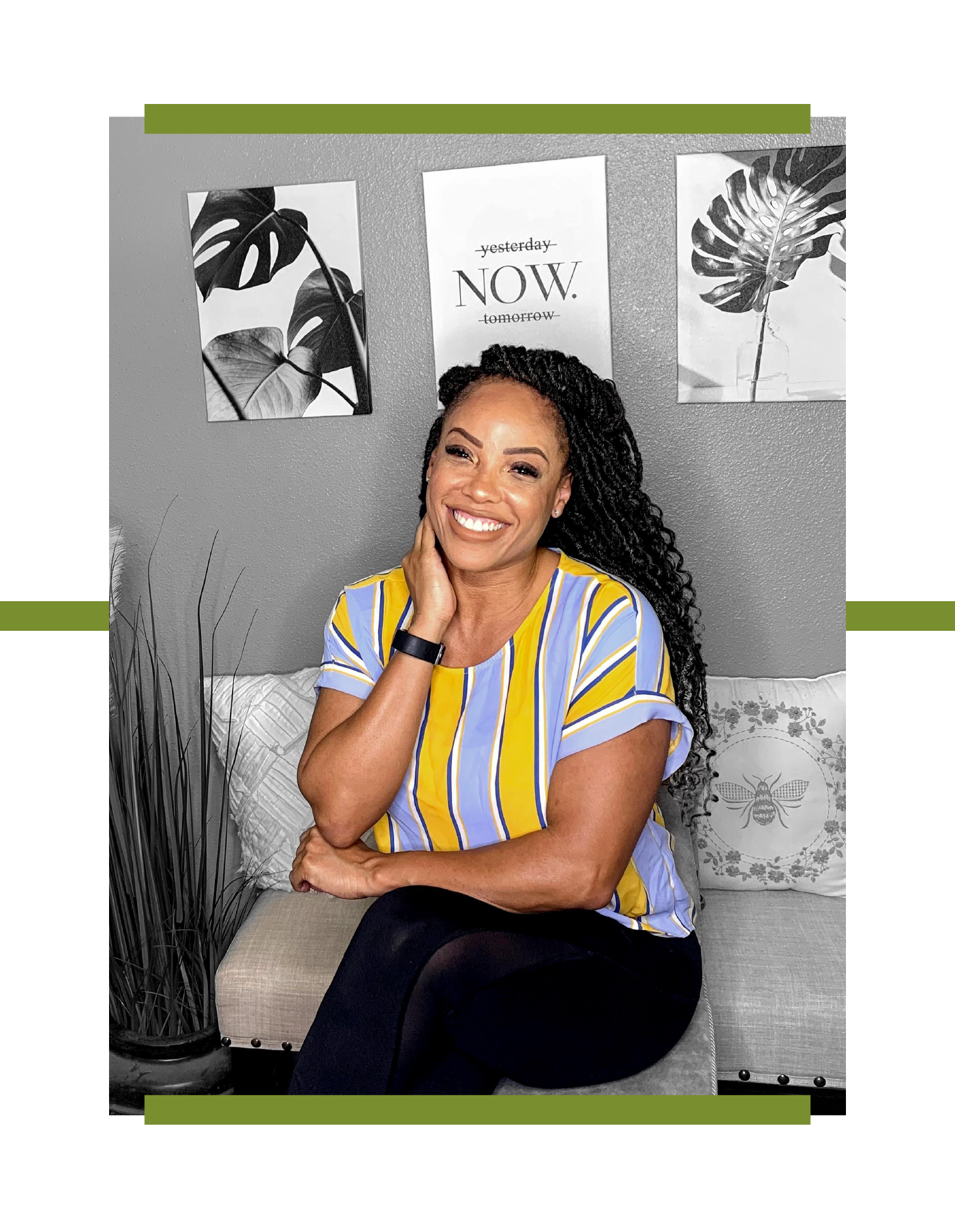
Hi, I am Ruth McCrackin!
Your Career & Success Strategist Coach with well over 11 years of experience working hand in hand with Human Resources and Business Partners in achieving company goals and mission. It is my wish for high achievers to getting their high-end position in attracting their dreams and passion. Avoid the loop holes of missing great opportunities by applying job search strategies, LinkedIn Branding, storytelling, and much more to up level your career and lifestyle. Start Your Transformation Now!
